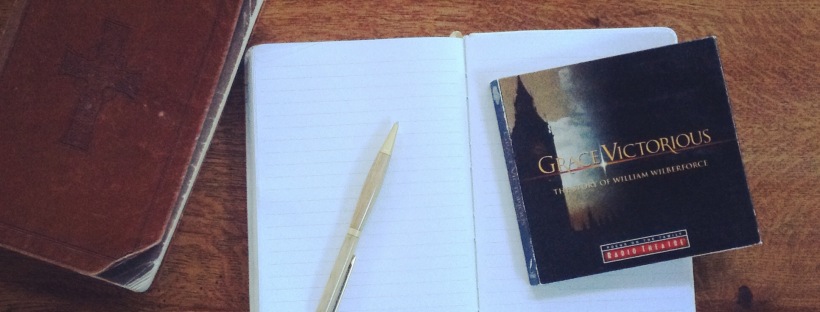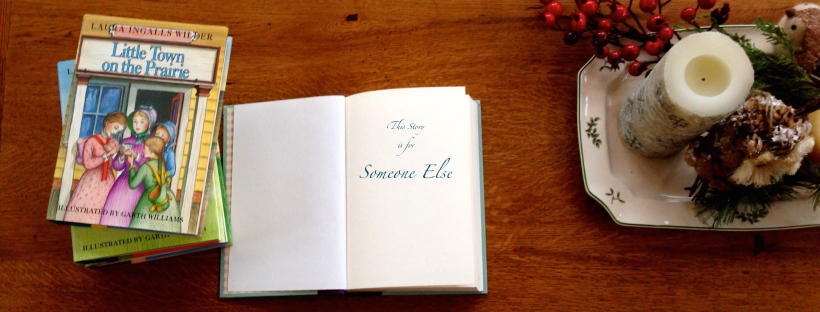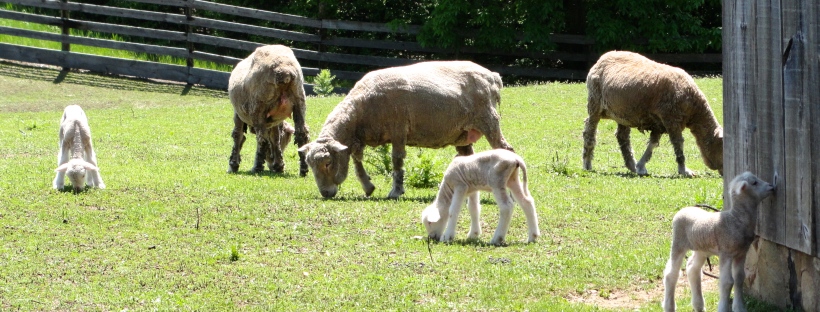Have you ever wondered how you could accomplish something considering your weaknesses and limitations? If so, then you have something in common with the key figure of this story.
Let’s go back to 1807 in England. That year, Parliament chose to take a stand against one of the greatest evils of the day. In fact, Parliament voted to make that evil illegal even though some people really wanted to keep it going and giving it up meant losing both power and wealth.
That evil was the trafficking of human beings known then as the slave trade.
Through the radio theater drama Grace Victorious: The Story of William Wilberforce, you can meet William Wilberforce. As a young member of Parliament, he has what many people long for – wealth, popularity and position. He chooses to risk it all when careful study brings him from skepticism to personal faith in Jesus Christ.
Soon he is confronted with the realities of the slave trade – a trade that greatly benefits his country economically and is considered unchangeable. Others are speaking up, but Wilberforce’s gifts and position make him the obvious choice to lead the cause in Parliament.
After prayer and seeing God work, Wilberforce becomes convinced that taking on the slave trade is something he must do in spite of the cost…
While William has position and a penchant for public speaking, one thing he does not have is good health. Throughout his life, he is plagued by poor eyesight and what may have been ulcerative colitis. (Note: Information on his exact ailments seems to vary.) But he presses on.
Grace Victorious leaves you with the story unfinished, a reality to which we can all relate. After all, that is how our stories are (for anyone reading this blog) – unfinished. We may be facing challenges, questions, unknowns….Just like William Wilberforce when he began his campaign against the slave trade.
One of William’s last statements in Grace Victorious is,
“I expect a long and arduous fight. But as I lie here, I wonder how I will fight – how this frail and feeble body will ever rise against a mountain of hatred, cruelty and greed.” [1]
The response?
“The only way such things are ever done, William – by the grace of God.”
If we choose to live like William Wilberforce, we may live to see challenges met, questions answered, unknowns discovered. And we may be used in ways we never expected.
After all, it’s unlikely Wilberforce thought someone would be writing about a radio theater drama featuring his story 210 years after the abolition of the British slave trade, much less that the writing would go on a blog accessible to the world at the push of a button.
[1] Paul McCusker, Grace Victorious: The Story of William Wilberforce, audio CD disc 2, track 8, 6:28.






